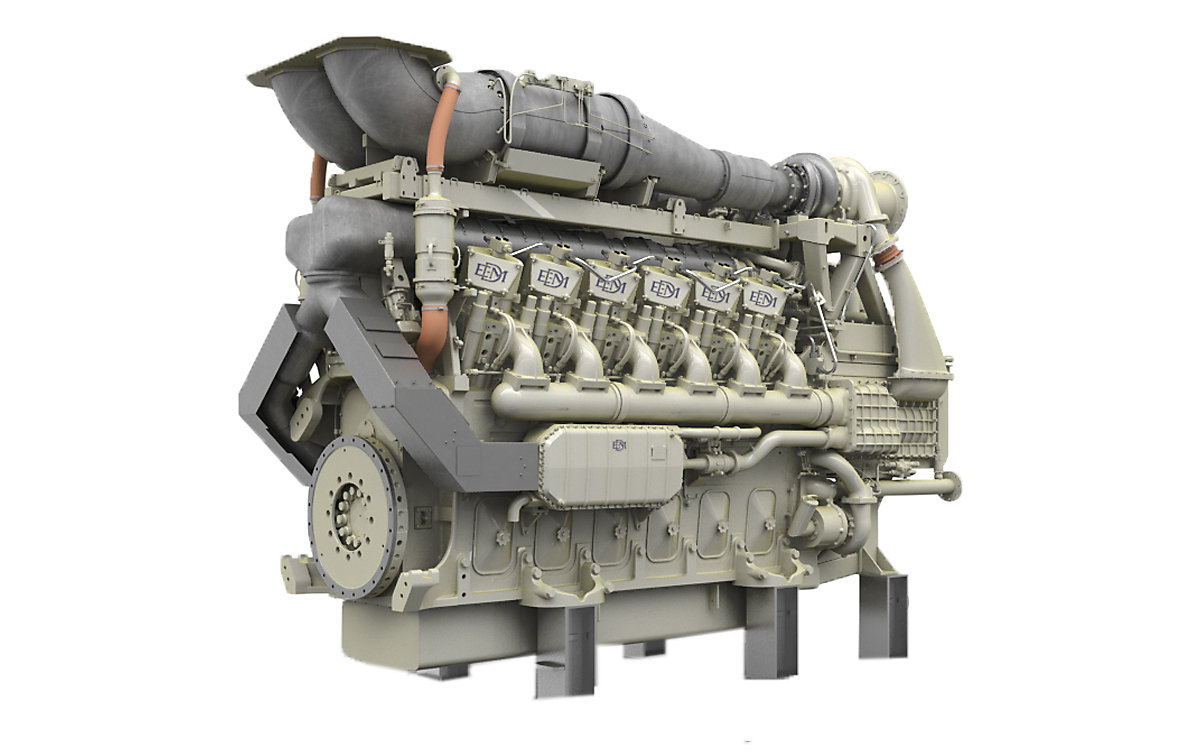A Full Guide to Choosing the Right Engine for Your Task
Choosing the ideal engine for your job is a crucial choice that can considerably influence its general success. It is crucial to carefully define your project requires, evaluate performance demands, and take into consideration user-friendliness alongside various other vital variables. In addition, recognizing the community assistance readily available and scrutinizing price effects can further fine-tune your selection. Each of these aspects plays a crucial function in making certain that your selected engine not only fulfills prompt purposes however additionally straightens with lasting aspirations. As we explore these considerations, you may discover that the nuances of each aspect reveal greater than at first anticipated.
Define Your Task Requirements
Specifying your job needs is an essential action in picking the appropriate engine for successful execution. An extensive understanding of your project's purposes will guide you in identifying the capacities and functions required from an engine. Begin by laying out the scope of your project, including the preferred performance, target market, and the details end results you aim to accomplish.
Next, consider the technical requirements that align with your task objectives. This includes evaluating the compatibility of the engine with existing systems, along with the shows languages and structures that will certainly be utilized. Additionally, evaluate the degree of scalability called for to accommodate future growth or adjustments popular.
Spending plan restrictions also play a vital role in specifying your project requires. Establish a clear monetary structure to direct your decision-making procedure, guaranteeing that the engine picked fits within your budget while offering the essential performance.
Evaluate Performance Demands

Engines that support straight scaling are commonly more suitable for larger applications. In addition, review the engine's efficiency under different problems, such as peak use situations, to guarantee it fulfills your reliability requirements.
Consider Simplicity of Usage
While technical requirements are vital, the simplicity of use of an engine can substantially impact the growth process and overall job success. An user-friendly interface, clear paperwork, and streamlined operations can considerably decrease the discovering contour for developers, enabling them to focus on creativity and problem-solving instead of grappling with complicated devices.
When examining an engine's convenience of use, take into consideration the onboarding experience. A well-structured intro, complete with tutorials and sample jobs, can promote a smoother change for brand-new users. Additionally, the clarity and comprehensiveness of the engine's documents play a critical duty; comprehensive overviews and API recommendations can equip programmers to fix and apply functions efficiently.
One more aspect to consider is the engine's modification capacities. An engine that permits for very easy modifications can be a lot more user-friendly, as programmers can tailor it to fit their specific requirements without considerable inconvenience. Lastly, analyze the operations integration with devices and platforms you already make use of. A cohesive ecological community can boost efficiency and lower rubbing Going Here during the growth process. Eventually, picking an engine that prioritizes ease of use can result in an extra effective and pleasurable growth experience.
Assess Community and Support
The toughness of an engine's area and assistance network can greatly influence a designer's experience and success. When examining an engine, consider the size and task degree of its area.
Moreover, examine the schedule of main support networks. Reputable documentation, receptive customer support, and regular updates are essential for dealing with technological issues and keeping your job on track. Engines For Africa. Energetic neighborhoods additionally promote partnership, giving chances best site for networking and comments, which can be important, specifically for small teams or independent developers
Furthermore, check out the presence of community-run events, such as hackathons or meetups. These gatherings can enhance your understanding of the engine while attaching you with Continued potential partners and experienced individuals. In recap, a durable neighborhood and support system not only improve advancement however also produce an atmosphere favorable to learning and development, eventually improving the probability of your project's success.
Compare Cost and Licensing Options
Budget plan factors to consider play an important function in choosing the best engine for your task, as the price and licensing alternatives can significantly affect both temporary costs and long-lasting viability. Engines For Africa. Various engines use differing prices frameworks, which can consist of single acquisition fees, membership designs, or revenue-sharing contracts based on your project's earnings

Licensing alternatives also differ dramatically. Some engines are open-source, using versatility and community-driven assistance, while others may require exclusive licenses that restrict usage and distribution. Understanding the effects of each licensing design is crucial, as it impacts ownership civil liberties, future scalability, and prospective legal obligations.
Verdict
To conclude, picking the ideal engine for a job necessitates a thorough assessment of defined task needs, efficiency needs, simplicity of use, neighborhood support, and price factors to consider. By methodically dealing with these important factors, decision-makers can ensure positioning with both future and existing project demands. A well-informed choice ultimately boosts the probability of job success, allowing reliable resource allowance and making the most of prospective outcomes within the specified monetary constraints.
Picking the suitable engine for your project is a vital decision that can considerably affect its general success.Specifying your project needs is a critical step in selecting the ideal engine for effective execution. A comprehensive understanding of your project's objectives will certainly assist you in identifying the capabilities and features required from an engine.Once you have a clear understanding of your job needs, the next step is to assess the efficiency requirements of the engine.In verdict, picking the proper engine for a task demands a thorough evaluation of specified task needs, efficiency needs, ease of usage, community support, and price factors to consider.